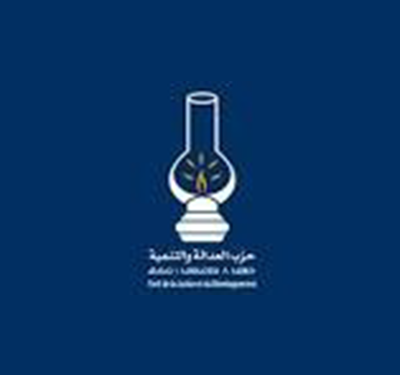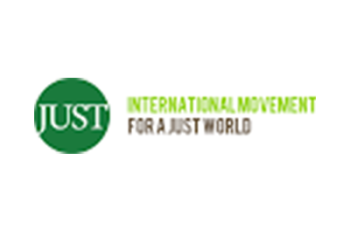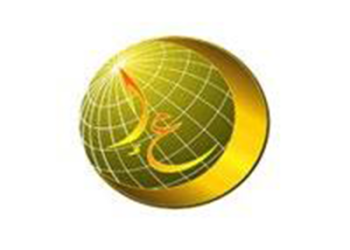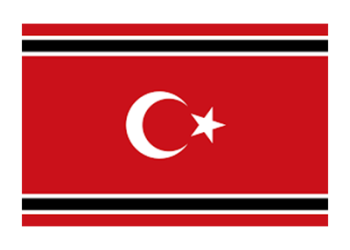The Party for Justice and Development (PJD) is an Islamist party in power between 2011 and 2021. Since the 1990s, the party has participated in all parliamentary and local elections and has occupied an important place in Moroccan political history. Founded by Dr. Abdelkerim el-Khatib in 1961 as the Mouvement populaire démocratique et constitutionnel (Mouvement populaire démocratique et constitutionnel), the party changed its name to the Justice and Development Party in 1998 after a long period of inactivity. In the 2011 elections, the party won 107 seats and formed the government under the leadership of Abdelilah Benkirane. The party’s roots date back to 1981, after the dissolution of the Islamic Youth Movement. Under the leadership of Mohamed Yetim, Abdallah Baha and Abdelilah Benkirane, who were in the political and religious line of this movement, the party’s history has many stages. The Justice and Development Party is an Islamist party that supports the Moroccan monarchy and seeks to preserve Morocco’s Islamic identity by embracing conservative and democratic values. As an Islamist movement, the party recognized the legitimacy of the nation state and confined its ideas and actions within the political environment of the nation state.
The party’s goals and mission are to reform and innovate education, establish economic cooperation with other countries, promote democracy and human rights, and establish a greater “Arab and Muslim Union” (Hamzawy, 2008). Distinguishing itself from most Arab Islamist movements by embracing democratic values, the Justice and Development Party developed party discipline and transparency as a modern movement and encouraged internal party reforms. The party has had a strong influence on its constituency through social initiatives such as social services and charitable associations and has been embraced by the public for a long time. The party’s stance, which is both non-radical and explicitly Islamic, has been embraced by most of the population. The party’s reconciliatory political discourse within the political and cultural multipolarity of Moroccan society is one of its major achievements. (Hirchi, n.d.)
The Justice and Development Party, which had been in power for nearly a decade, suffered a major setback in the elections held in September 2021, falling to eighth place in the election results. This setback was caused by internal party disagreements and various political reasons in domestic and foreign policy. However, as an Islamist movement, the Justice and Development Party still retains a significant place and influence in Morocco’s political and social memory. The Justice and Development Party is an organization that comes to the fore with its integrationist structure among Moroccan Islamic Movements and exhibits a mosaic structure by bringing together many different people. It has been represented in the Moroccan parliament by a group of deputies in each election.
It was founded in 1981 as a result of the disintegration of the Islamic Youth Movement. The founders of the Justice and Development Party were Mohamed Yetim, Abdullah Baha, Abdelilah Bankirane. The party took its final form after going through four founding stages. In its first establishment phase, it manifested itself in the structure of the Muslim Brotherhood and went through an apolitical phase within the framework of closed cells. During this period, it was known as Jemaah Islamiyya. The year 1985 was an important point for Abdelilah Benkiran to define the mission of the Brotherhood. During this period, Benkiran wrote articles called “Misak el Jama’at” covering three areas: education, politics, and a general declaration to the Moroccan people. During this period, the organization decided to abandon extremist tendencies and to communicate with all sectors of society, including the government.
The organization accepted the monarchy and the territorial integrity of the Moroccan state. Opening Islamic economic institutions and embracing individual and social dawah led to the official recognition of the Justice and Development Party in 1992. With the dissolution of the Islamic youth group, groups such as the Dawah Group, the Islamic Community of Ksar al-Kabir, and al-Shuruk Tebeyyun joined Justice and Development. In 1996, when the Harake Sha’biye Dusturiyye Dimokratiyye (MPDC) group joined the organization, the name of the movement officially became the Justice and Development Party. The party combines the religious and political spheres. In terms of organization, there is a political and a religious leader.
References
Engelcke, D. (2019). The Process of Family Law Reform in Morocco. Reforming Family Law: Social and Political Change in Jordan and Morocco (Cambridge Middle East Studies, pp. 133-155). Cambridge: Cambridge University Press. doi:10.1017/9781108634342.006
Er, N. (2019). Fas’ ta İslami Hareketler (1975-2010). Darulfunun ilahiyat, 30(2),433-455. https://cdn.istanbul.edu.tr/file/JTA6CLJ8T5/57C8BB003E2F490FA0AB8B878C5D86F1
Türkiye ve Fas’ta Adalet ve Kalkınma Partisi (2016, October 7 ).TUİÇ Akademi https://www.tuicakademi.org/turkiye-fasta-adalet-kalkinma-partisi/
Pellicer, M., & Wegner, E. (2015). The justice and development party in Moroccan local politics. The Middle East Journal, 69(1), 32-50.
Taştekin, F. (2021, 11 Eylül). Fas’ta Adalet ve Kalkınma Partisi seçimi neden kaybetti?. BBC Türkçe https://www.bbc.com/turkce/haberler-dunya-58524331 Temelat, N. (2013). Fas: Arap Baharının İstisnası mı?. Yasama Dergisi, (23), 80-100.










































